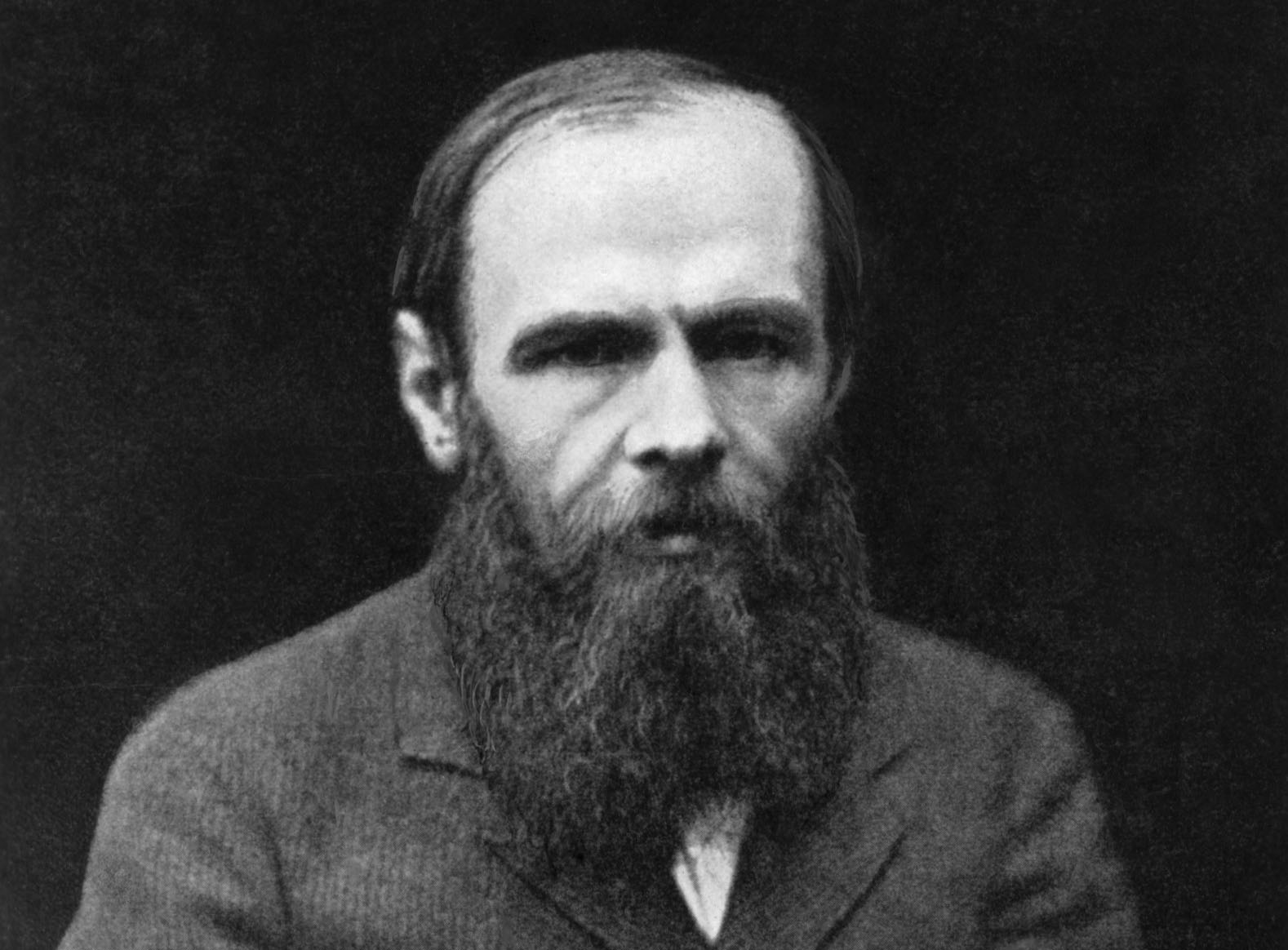In the realm of literature, few authors have delved as deeply into the human psyche as Fyodor Dostoevsky. The Russian novelist, widely regarded as one of the greatest minds in literary history, not only captured the essence of complex characters and intricate plots but also offered profound insights into the human condition. Dostoevsky’s works continue to resonate with readers across generations, posing timeless questions about morality, free will, and the search for meaning in a chaotic world. In this article, we will unlock the existential wisdom found in Dostoevsky’s writings, exploring ten powerful life lessons that can profoundly impact our understanding of ourselves and the world around us. Join us on this introspective journey as we delve into the depths of Dostoevsky’s literary genius and uncover the enduring significance of his teachings.
Exploring the Depths of the Human Soul: Fyodor Dostoevsky’s Insights on Existentialism and Beyond
Fyodor Dostoevsky, one of the greatest literary minds in history, delved deep into the human condition, uncovering profound insights on existentialism and beyond. Through his works, he invited readers to question the purpose of their existence, to ponder the nature of morality, and to grapple with the complexities of human emotions. Dostoevsky’s exploration of the depths of the human soul continues to resonate with readers, inspiring them to introspect and seek meaning in their own lives.
The Struggle for Meaning: Uncovering Existential Wisdom in Dostoevsky’s Literature
Dostoevsky’s literature is a testament to the timeless struggle for meaning in life. His characters, often tormented by existential crises, confront their own mortality, the existence of evil, and the search for an intrinsic purpose. Through their journeys, Dostoevsky explores the human condition with unparalleled depth and honesty. By immersing ourselves in his works, we can uncover existential wisdom that speaks to the universal struggle for meaning and purpose.
Navigating the Turmoil of Existence: Life Lessons from Dostoevsky’s Protagonists
Dostoevsky’s protagonists, such as Raskolnikov from “Crime and Punishment” or Ivan from “The Brothers Karamazov,” navigate the turmoil of existence with all its complexities and moral dilemmas. These characters serve as vessels through which Dostoevsky imparts invaluable life lessons. They teach us the consequences of our actions, the importance of moral responsibility, and the impact of our choices on both ourselves and others. Through their stories, we gain insights into the human psyche, illuminating our own path through life’s tumultuous journey.
Beyond the Surface: Unveiling Existential Truths in Dostoevsky’s Works
Dostoevsky’s works are multidimensional, transcending the boundaries of conventional storytelling. Beneath the surface of his narratives lie profound existential truths. From the exploration of free will and determinism to the examination of faith versus doubt, Dostoevsky challenges readers to ponder fundamental questions about human existence. By peeling back the layers of his works, we uncover the universal truths of the human condition, prompting introspection and deep contemplation.
Embracing the Paradox: Dostoevsky’s Lessons on Existentialism and the Human Condition
Dostoevsky’s literature encapsulates the paradoxical nature of the human condition. Through his characters, he portrays the depths of human depravity and the potential for redemption. His works navigate the murky waters of existentialism, embracing the inherent contradictions of life. Dostoevsky teaches us to embrace our own paradoxes, to recognize the complexities of human nature, and to find meaning and purpose amidst the chaos. In his writings, we discover a profound understanding of the human condition and the eternal struggle for existential truth.
10 Life Lessons From Fyodor Dostoevsky (Existentialism)
1. Fyodor Dostoevsky
Fyodor Dostoevsky was a renowned Russian writer and philosopher of the 19th century. His works, such as “Crime and Punishment” and “The Brothers Karamazov,” explored deep existential themes and human nature.
2. Existentialism
Existentialism is a philosophical movement that focuses on the individual’s subjective experience, freedom, and existence. Dostoevsky’s works are often associated with existentialism due to their exploration of moral and existential dilemmas.
3. Influence on Existentialist Thought
Dostoevsky’s writings influenced the development of existentialist thought, particularly with his portrayal of characters facing existential crises. Existentialist philosophers like Friedrich Nietzsche and Jean-Paul Sartre drew inspiration from Dostoevsky’s works.
4. Themes of Alienation and Isolation
Dostoevsky’s novels often delve into the themes of alienation and isolation. His characters grapple with feelings of loneliness, despair, and the search for meaning in an indifferent world – all important aspects of existentialist thought.
5. Moral Responsibility and Guilt
Dostoevsky’s exploration of moral responsibility and guilt in his novels resonates strongly with existentialist ideas. His characters confront the consequences of their actions, contemplating the nature of good and evil and the choices they make.
6. Human Freedom and Authenticity
The concept of human freedom and authenticity is central to existentialism. Dostoevsky’s characters often find themselves in situations where they must confront their own freedom, making choices that define their existence and shape their lives.
7. Existential Angst and Anxiety
Dostoevsky’s portrayal of characters struggling with existential angst and anxiety aligns with the existentialist belief that humans are burdened with the inevitable existential questions surrounding the meaning and purpose of life.
8. Redemption and Spiritual Awakening
Many of Dostoevsky’s characters go through processes of redemption and spiritual awakening, where they confront their past mistakes and strive for moral and spiritual growth, reflecting existentialist themes of personal transformation and the search for meaning.
9. The Individual vs. Society
Dostoevsky’s works often examine the tension between the individual and society. His characters face conflicts between their own desires, beliefs, and societal expectations, emphasizing the struggle for individuality and personal identity.
10. Ethical Dilemmas and Moral Relativism
Dostoevsky’s exploration of ethical dilemmas and moral relativism in his works contributes to existentialist thought. His characters face complex ethical decisions, challenged by the ambiguity of moral frameworks and the inherent subjectivity of right and wrong.
Remember to always verify information obtained from various sources and cross-reference them for accuracy.

In conclusion
Fyodor Dostoevsky’s works offer profound insights into the complexities of human existence, and through his powerful storytelling, he imparts valuable life lessons that are as relevant today as they were in his time. From the exploration of guilt and redemption to the examination of the depths of the human psyche, Dostoevsky’s writings encourage self-reflection and promote a deeper understanding of the human condition. By unlocking the existential wisdom embedded within his literary masterpieces, we can gain invaluable insights into our own lives and contribute towards our personal growth and the betterment of our society. The 10 powerful life lessons presented in this article serve as a reminder of the enduring relevance and impact of Dostoevsky’s work, and should inspire readers to delve further into the depths of their own humanity.
